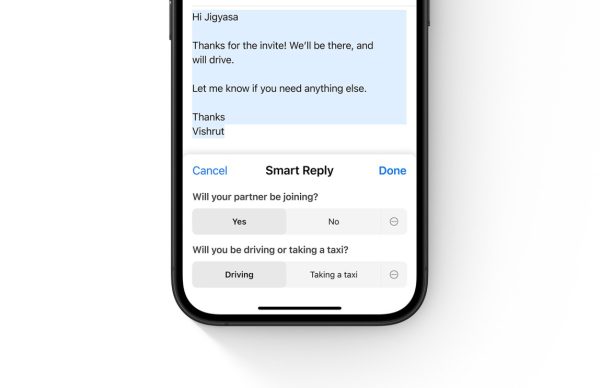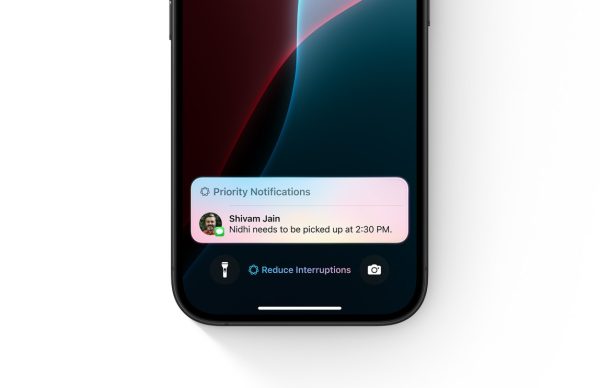
Apple is flipping the script on how artificial intelligence gets smarter by ensuring it doesn’t get creepy. In a recent post on its Machine Learning Research site, the Cupertino tech titan pulled back the curtain on its evolving AI training methods, revealing how it plans to gather valuable data without peeking into your personal life. And yes, it’s as ambitious as it sounds.
At the heart of Apple’s strategy is differential privacy, a concept that might sound intimidating but is essentially Apple’s way of saying, “We want to learn from the crowd, not the individual.” This technique allows Apple to collect broad usage trends and behavioural insights without ever tying the data back to any one person. Only users who have opted in to share Device Analytics will be part of this data-sharing dance, and even then, the company promises that your unique quirks stay entirely your own.
So, why is Apple doing this?
Well, let’s be honest – Apple’s foray into generative AI hasn’t exactly blown the roof off. The company admits that its strict privacy-first approach, particularly in how it trains its large language models (LLMs), has kept its AI from fully competing with more data-hungry rivals. Apple primarily trains its models using synthetic data, meaning the AI learns from other AI-generated content instead of real human communication. While this approach is excellent for avoiding ethical landmines, it sometimes leads to lackluster results, what the AI world now infamously dubs “AI slop.”

Apple is now turning to aggregated, anonymised user behaviour to bring more nuance, creativity, and human-like charm into its generative features without selling out user trust. For example, with Genmoji, Apple plans to analyse prompt patterns from consenting users to understand what inputs generate the best results. The idea is to improve the model’s performance based on what real users are actually doing, while shielding those users from any form of identifiable tracking.
Importantly, Apple stresses that even rare or one-of-a-kind prompts are protected. The system is built to mathematically guarantee that no individual input can be traced back to a person. Think of it as letting Apple know what kind of Genmoji is trending, without Apple knowing who made it.
Also Read – Why You Should Buy the iPhone 15 Over the iPhone 16e?
This privacy-preserving technique isn’t stopping with Genmoji either. Apple has plans to apply it across several of its AI-driven experiences: from Image Playground and Image Wand to Memories Creation, Writing Tools, and Visual Intelligence. In other words, your iPhone might soon get much better at helping you create images, write emails, and summarize memories—all by learning smarter, not nosier.

Another fascinating application is in Apple’s email generation tools. Here, the company took a slightly different approach. Engineers created a set of synthetic emails based on common user topics, generating multiple versions for each theme. These synthetic messages were broken down into what Apple calls embeddings essentially, compact mathematical summaries capturing attributes like tone, topic, and length.
Then, with full user consent, Apple compared these embeddings to those found in real emails, without ever actually reading or storing the emails themselves. The goal? To figure out what kinds of language resonate with users and apply that understanding to make email drafts more natural, more effective, and ultimately, more human.

Apple emphasizes that this method allows it to mirror collective user behavior without ever crossing the line into invasive surveillance. It’s about shaping smarter AI by observing anonymous patterns, not prying into personal data.
Looking ahead, Apple plans to bring this technique to email summaries too, aiming to craft quick, readable digests that feel tailored without sacrificing privacy. In a landscape where AI innovation often comes at the expense of personal boundaries, Apple is offering a compelling alternative: intelligence that respects your independence. It’s AI that learns just enough to get smarter without ever learning too much about you.

